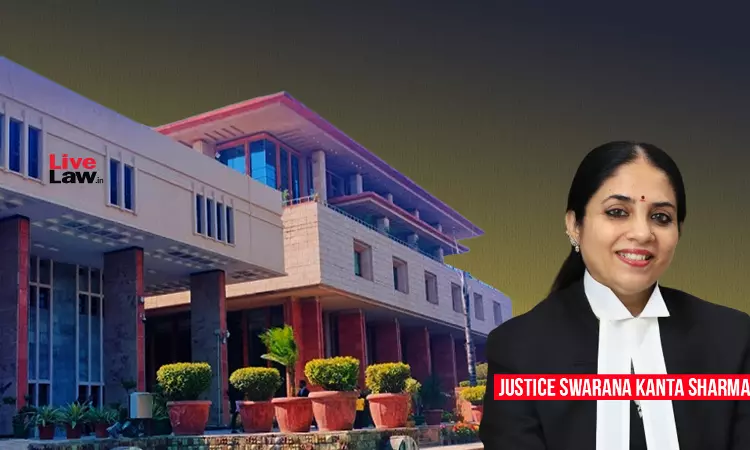Judges May Often Stay Aloof From Public, But Don't Remain Aloof From Societal Expectations: Delhi High Court
Nupur Thapliyal
7 Dec 2023 9:45 AM IST

Next Story
7 Dec 2023 9:45 AM IST
The Delhi High Court has observed that the judges may often stay aloof from the public, but they do not remain aloof from the societal expectations that offenders of criminal offences should be punished for their wrong doings.“By maintaining a vigilant approach, the Courts ensure that the pursuit of truth remains paramount, undeterred by outside influences or attempts to compromise...
